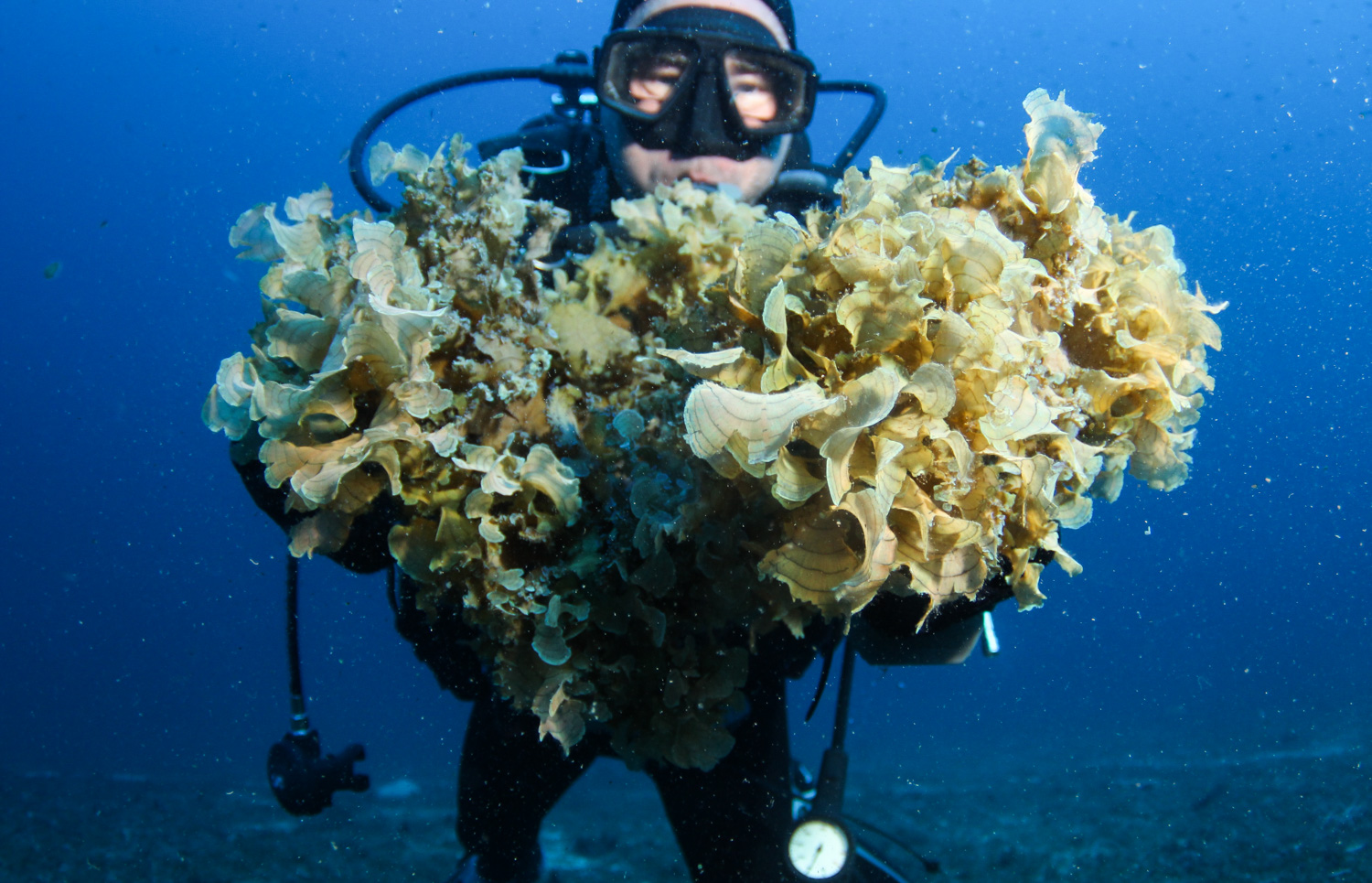TITLE:
The Non-Indigenous Benthic Species
FUNDING:
National Recovery and Resilience Plan 2021-2026
ACRONYM:
NIBS
DURATION:
2024-2027
PROGRAM:
National Recovery and Resilience Plan 2021-2026
The Non-Indigenous Benthic Species
The Non-Indigenous Benthic Species (NIBS) Project investigates the issues related to benthic foreign species, aiming to accurately determine the species recorded so far and their distribution, detect new introductions, understand the mechanisms of introduction and further spread, study the biology, ecology, and impacts of selected foreign species, and achieve precise taxonomic determination by incorporating classical morphological and modern molecular methods. The project is implemented through 11 work packages, ranging from the establishment of the project system, targeted research, to dissemination, training, and public presentation, addressing four main hypotheses:
Benthic NIS species are widely distributed in Croatian waters.
The spread of benthic NIS species disrupts the composition of benthic communities.
The introduction and spread of benthic NIS species in the Adriatic Sea involve both natural and anthropogenic vectors.
The introduction and spread of benthic NIS species in the Adriatic Sea involve both natural and anthropogenic vectors.
The project will actively inform the public about the issues related to foreign species and the need to protect the marine environment, with particular communication with government bodies and the public sector. The project will result in significant training of the Laboratory for Benthic staff, the enhancement of scientific research equipment, the publication of scientific papers, and substantial public involvement in project implementation.
Project team
News

The NIBS project has started
The implementation of the NIBS project has begun. The project is funded through the National Recovery and Resilience Plan 2021-2026 and will last for 4 years. On this page, you will be able to follow our activities and the progress of the project.

The European Union finances – NextGenerationEU. The views and opinions expressed are solely those of the author and do not necessarily reflect the official positions of the European Union or the European Commission. Neither the European Union nor the European Commission can be held responsible for them.